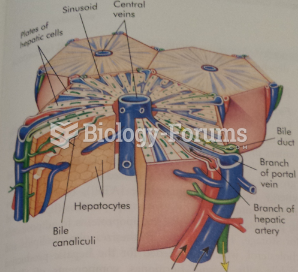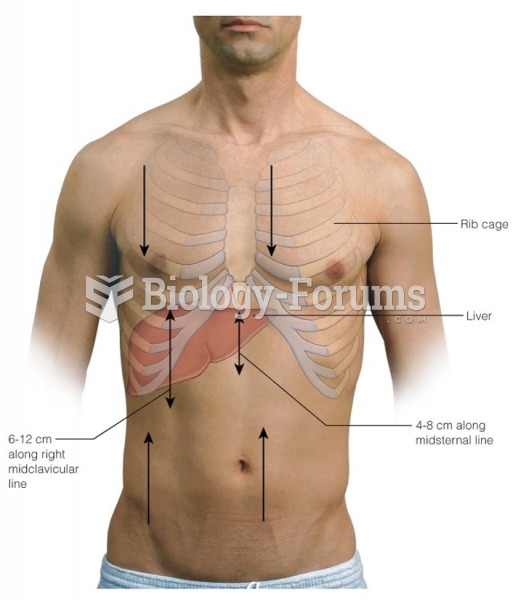|
|
|
The immune system needs 9.5 hours of sleep in total darkness to recharge completely.
By definition, when a medication is administered intravenously, its bioavailability is 100%.
The Romans did not use numerals to indicate fractions but instead used words to indicate parts of a whole.
The first successful kidney transplant was performed in 1954 and occurred in Boston. A kidney from an identical twin was transplanted into his dying brother's body and was not rejected because it did not appear foreign to his body.
There used to be a metric calendar, as well as metric clocks. The metric calendar, or "French Republican Calendar" divided the year into 12 months, but each month was divided into three 10-day weeks. Each day had 10 decimal hours. Each hour had 100 decimal minutes. Due to lack of popularity, the metric clocks and calendars were ended in 1795, three years after they had been first marketed.







